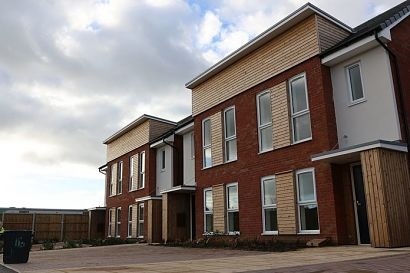
The report, called “After the Green Deal: Empowering people and places to improve their homes”, says the new loans would operate in a similar way to the ‘Help to Buy’ scheme with loans offered by banks and building societies but guaranteed by government. It also suggests homeowners that make energy improvements should pay less in stamp duty and calls for city regions to have a portion of the national infrastructure fund devolved so they can invest in energy efficiency schemes.
The think tank believes that the current system needs a complete overhaul, following the failure of the Green Deal, because it does not provide value for money or engage with local communities.
“Consumers need help to improve the energy efficiency of their homes” said ResPublica Director Phillip Blond. “This report outlines workable ways to help homeowners take control of improving the energy efficiency of their homes. It also gives details of how devolved powers can incentivise city regions to improve efficiency of homes in their local areas ensuring they are allowed to keep the money generated from energy improvements and carbon taxes.”
Mr Blond added that a centralised, top-down approach to government infrastructure spending needs to be replaced by more devolution to City Regions.
The report makes other recommendations, including a minimum energy efficiency standard for all domestic properties being sold or let, which would gradually increase in line with carbon reduction targets set out by Committee on Climate Change carbon budgets. Cities should retain revenues generated from Stamp Duty Land Tax thereby giving them greater flexibility to create their own incentives to stimulate the market and encourage positive behaviour among consumers. ‘Warm Home Zones’ could be used to help target areas where there are few energy efficient homes and poor health outcomes and homeowners and landlords would have to adhere to strict regulations to improve energy efficiency in these areas.
The report’s conclusions are supported by Angus MacNeil MP, Chair of the Energy and Climate Change Committee, and Caroline Abrahams, Age UK’s charity director. Bristol Mayor George Ferguson, Core Cities lead for low carbon energy and resilience, commented that Core Cities are committed to improving the energy efficiency of the UK’s housing stock and believe that it is essential for government to now embrace new ideas put forward by industry, exemplified by some of the policy initiatives suggested in the report.
For additional information:

